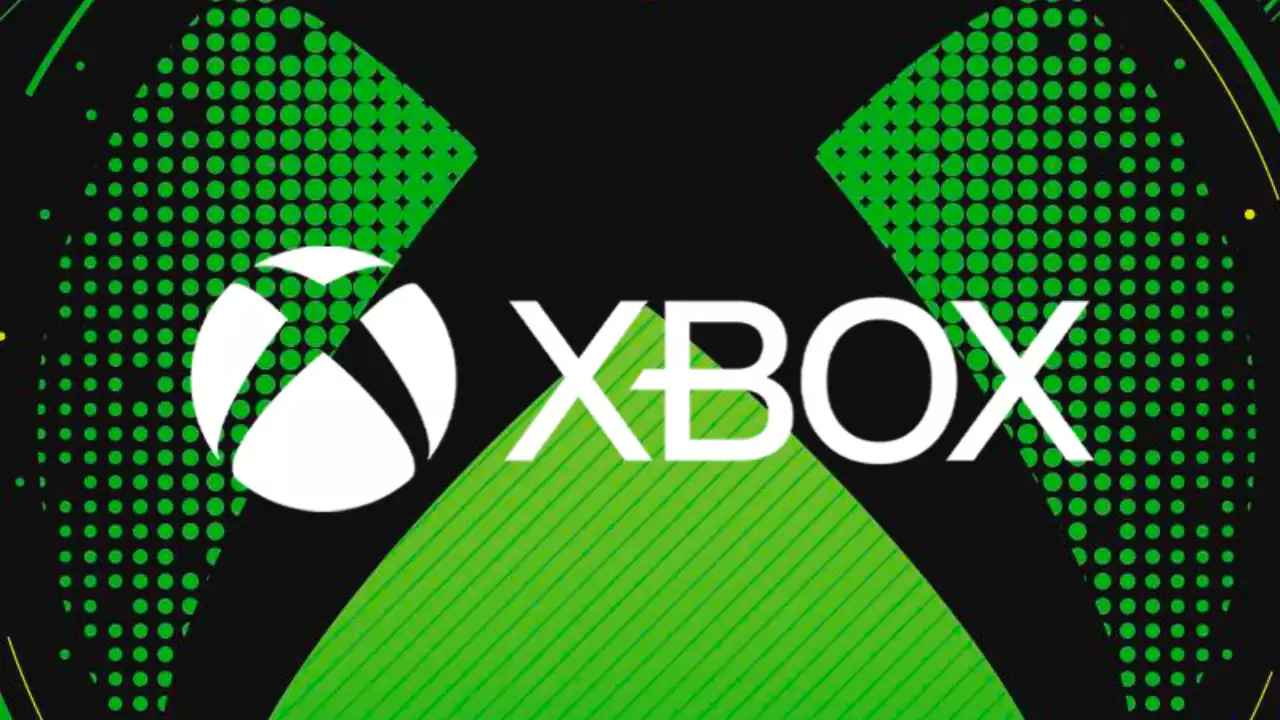Microsoft’s recent decision to lay off 650 video game workers has sparked strong criticism from the Communications Workers of America (CWA). The union expressed profound disappointment, highlighting the harsh reality that one of the world’s largest and most profitable corporations could dismiss hundreds of its staff despite posting $88 billion in profits last year. “Heartless layoffs like these have become all too common,” stated the union, emphasizing the disruption caused to many lives and careers.
Samuel Cooper, a senior producer at World of Warcraft and a member of WoWGG-CWA, voiced the union’s frustration: “While we would hope that a company like Microsoft with $88 billion in profits last year could achieve ‘long term success’ without destroying the livelihoods of 650 of our colleagues, heartless layoffs like these have become all too common.” This sentiment resonates deeply within the gaming community, urging solidarity and action against such corporate decisions.

Microsoft’s Strategic Realignments Amid Industry Cuts
The layoffs were disclosed by Phil Spencer, CEO of Microsoft Gaming, in an internal memo that described the cuts as necessary for organizing the business for future success. Notably, these layoffs did not result in the cancellation of any games or the closure of studios, yet they added to a worrying trend within the tech and gaming industries. This year alone, Microsoft has laid off a total of 2,550 staff, adding to the nearly 13,000 developers and publishers who have lost their jobs across the sector.

The Industry’s Callous Suggestion and Collective Bargaining
The CWA also criticized the “callous suggestion” made by former Sony boss Chris Deering, who implied that laid-off workers could simply find alternative employment, such as driving for Uber. This statement has been met with backlash from the gaming community and workers’ advocates who argue that such comments undermine the seriousness of job losses and the impact on individuals’ lives.
Despite these challenges, the CWA maintains that organizing and collective bargaining is essential. These tools provide workers with a voice in company policies, including how layoffs are handled, which is crucial in these volatile times.

As the industry faces ongoing challenges, the role of unions in advocating for workers’ rights and job security becomes increasingly important. Samuel Cooper’s call to action underscores the need for solidarity and organization among video game workers: “We stand in solidarity with everyone who lost their job [yesterday] and encourage all video game workers to join with us and form unions so we can protect each other.”
In conclusion, as Microsoft and other tech giants continue to navigate economic pressures and strategic adjustments, the gaming community and workers’ unions are pushing back, seeking more humane and considerate approaches to corporate restructuring. The coming months may well determine how these dynamics unfold, influencing both the future of the gaming industry and the livelihoods of those who power it.










